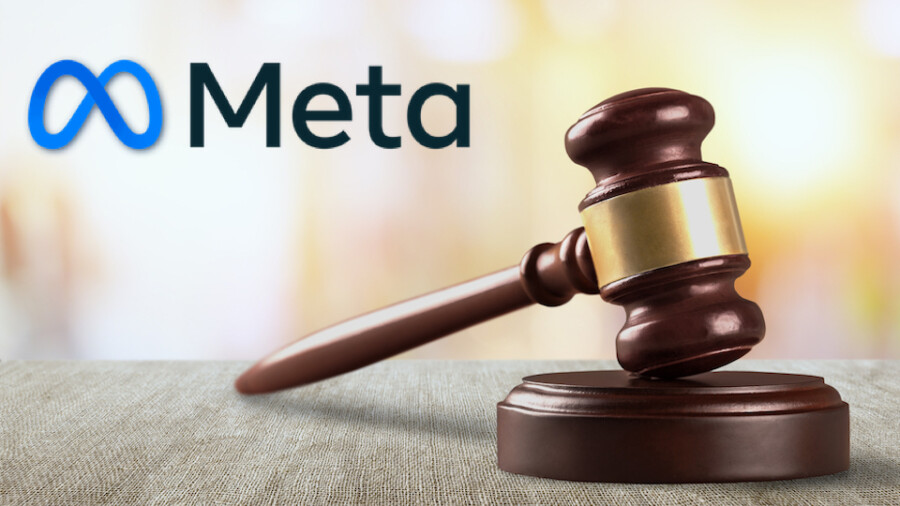
SAN FRANCISCO — The California federal judge overseeing the lawsuit by Adult Performance Artists Guild board officers Alana Evans, Kelly Pierce and Ruby claiming that Meta conspired with OnlyFans to blacklist rival premium fan platforms’ talent, said during a Wednesday hearing that he thought the lack of archiving of its Dangerous Organizations and Individuals (DOI) list sounded “nefarious.”
As XBIZ reported, the three APAG officers informed the court in March that, although they want to drop their lawsuit due to a venue issue, they may still pursue antitrust claims in the future.
Evans, Pierce and Ruby originally filed the civil lawsuit in February 2022 against OnlyFans and its owner, as well as Instagram and Facebook’s parent company, Meta. The suit replicated claims from an earlier lawsuit filed on behalf of FanCentro in November 2021, alleging a conspiracy to engage in “tortious interference with contract and intentional interference with prospective business.”
Wednesday’s hearing was part of a current dispute between the plaintiffs, who want to drop the current case in a way that they could refile it, and Meta, who is seeking the judge to issue a summary judgment in the company’s favor.
The plaintiffs argue that Meta informed them that the company “found no evidence that any competitor platform was currently on the list, or had been nominated for inclusion.”
According to their motion, “based on the information Meta defendants provided, the information essential to plaintiffs’ class allegations is not available,” making further discovery efforts “futile.”
During this week’s hearing, U.S. District Judge William Alsup questioned the plaintiffs’ counsel strategy of not deposing the witnesses offered by Meta, but reserved his strongest language to lambast the tech giant for its peculiar record-keeping methods regarding updates and changes to its controversial DOI blacklist.
The rebuke followed Meta’s attorney K. Winn Allen explaining to Judge Alsup that Meta “has a collaborative review process before new users are added to Meta’s DOI list that involves Meta’s content team, policy team, communications team and legal departments, among others,” legal news site Law 360 reported.
Meta only produced selected old versions of the DOI lists that were included in the email communications disclosed during discovery.
The judge added that it bothers him that a large company like Meta would not have a protocol to regularly store and archive the different versions of its DOI list.
“That sounds nefarious to me, that you are destroying evidence before it is needed,” Judge Alsup told Meta’s attorneys when it was implied that the list was a living document, always mutating. Instead, he pointed out, “the list is not living, it dies each day.”
Judge Alsup appeared especially baffled by the practice of not keeping records on the list because of his background as a corporate attorney familiar with compliance issues.
“’My god, why don’t they keep that?,’” he said he thought when reviewing the statements by Meta’s attorneys. “If I was a lawyer, I would advise them to keep the document,” especially in order to share updates of the DOI list with law enforcement.
“So you see, I’m suspicious,” Judge Alsup told Allen. “Your explanation raises more questions than it answers.”
The plaintiffs celebrated the judge’s remarks as a victory.
“I am happy that the judge is having just as hard of a time as we are believing the data doesn’t exist,” Evans told XBIZ. “I hope to see this continue to move forward.”
